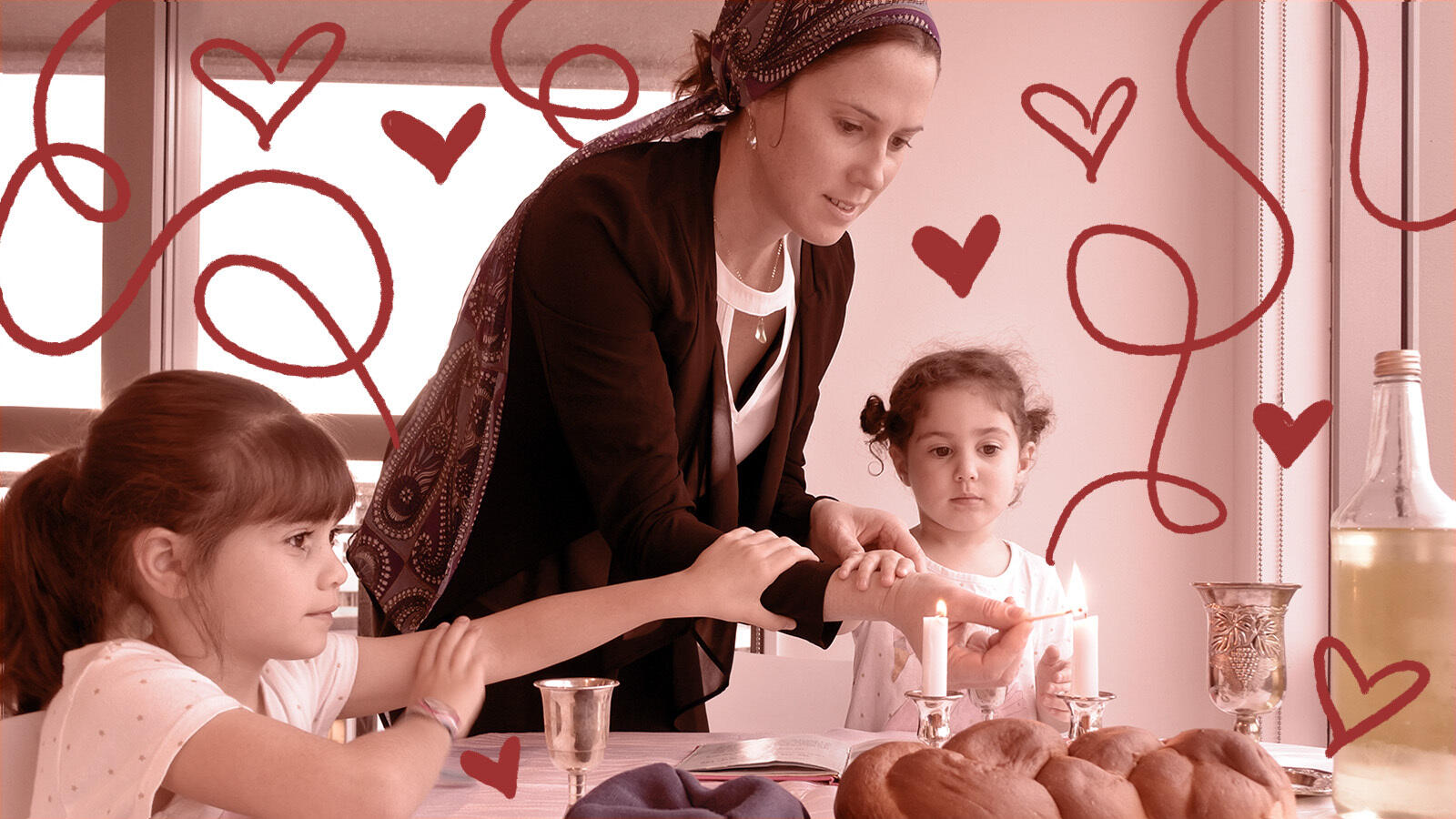According to traditional Jewish law (halacha), Jewishness is passed down through the mother. So, if your mother was Jewish, you are too. This position is held by most members of the Conservative and Orthodox communities. The Reform movement recognizes the children of one Jewish parent — mother or father — as a Member of the Tribe if the child is raised Jewish.
But why does traditional Jewish law favor matrilineal descent?
Some people say that Judaism goes by matrilineal descent because we always know who a person’s mother is, and we don’t always know who a person’s father is. However, a person’s status as a priest, Levite, or Israelite is passed down from the father, and such distinctions were of utmost importance in biblical and Rabbinic times (and still, to a certain degree, today). If priesthood can be passed down via one’s father, why not Jewish identity?
Shaye D. Cohen, the Littauer Professor of Hebrew Literature and Philosophy at Harvard University, has written a book and several articles on this issue specifically. Cohen found that matrilineal descent evolved from an original policy of patrilineal descent. In the Torah, a person’s status as a Jew seems to come from his father. Joseph was married to a non-Jewish woman, and his children were considered Jewish. The same was the case for Moses and King Solomon. The change to a policy of matrilineal descent came in late antiquity.
With your help, My Jewish Learning can provide endless opportunities for learning, connection and discovery.
Cohen has two theories about how this came to be. One is that the Tannaim, the rabbis who codified the concept of matrilineal descent, were influenced by the Roman legal system of the time. According to two sources from the end of the second century CE and the beginning of the third century CE, in a marriage between two Romans, a child would receive the status of his father. In an intermarriage between a Roman and a non-Roman, a child received the citizenship status of its mother.
Cohen’s other theory is that the Tannaim developed matrilineal descent from an already existing conclusion about mixed breeding in the animal kingdom. The Torah prohibits the breeding of animals of different species, but there is an opinion in the Mishnah (Kilayim 8:4) that suggests that a mule whose mother was a horse and whose father was a donkey should be allowed to mate with other horses. This implies that “horse-hood” is passed down through the mother, regardless of the father’s species. This concept may have been extrapolated by the rabbis to operate beyond the animal kingdom. Cohen presents both theories, but admits that neither have been conclusively proven.
Mishnah
Pronounced: MISH-nuh, Origin: Hebrew, code of Jewish law compiled in the first centuries of the Common Era. Together with the Gemara, it makes up the Talmud.
Torah
Pronunced: TORE-uh, Origin: Hebrew, the Five Books of Moses.



